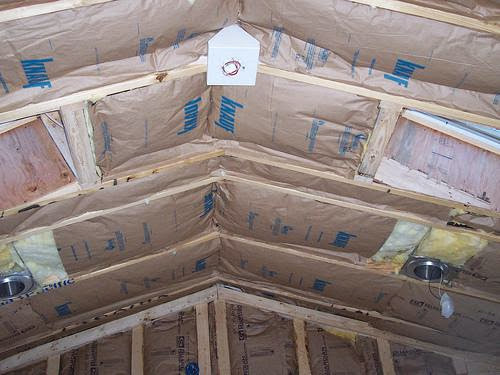Latin America Eager For An Industry
LATIN AMERICA: EAGER FOR AN INDUSTRYThe emergence of a market for large-scale PV power plants combined with mandatory local content requirements in some countries, such as Brazil, has given rise to a host of plans to set up solar equipment factories throughout Latin America.Although the installation of several large-scale power plants in South America is injecting new life into the region's PV market, its solar industry still remains all but anecdotal. While that situation is not expected to change drastically in the near term, growth in the Latin American market combined with requirements in countries like Brazil to use locally produced content may well alter the industry landscape earlier than previously thought.To date, South America's tiny industry has largely concentrated on off-grid and small-scale grid-connected systems. The one exception to this trend is Cuba, where 18 months ago the long-established Componentes Electr'onicos factory in Pinar del R'io made the leap from supplying parts almost exclusively for off-grid facilities to also making components for solar power stations. So far, it has delivered over 10 MW worth of modules to large-scale PV power plants throughout the Caribbean island -- no mean feat for a Latin American module factory.Although the region is home to a good number of solar module manufacturers, at present only one company in all of South America - Mexico's Solartec - makes solar cells. This firm will also soon start producing wafers. At the end of July, Solartec announced it had bought Bosch Solar's wafer-making equipment in the wake of the German manufacturer's decision to follow several of its compatriots and get out of the solar business last year. The acquired production line has a 30-million-wafer annual capacity. The Mexican company's aim is to increase its vertical integration to make it more competitive, especially against products arriving from China."We have to have the same value equation as Chinese manufacturers," stated Solartec Chief Executive Gustavo Tom'e. Consequently, the firm is also looking to buy an ingot plant that it intends to operate on the industrial complex that it has owned since 2009 in Irapuato in the state of Guanajuato. Tom'e told pv magazine, "We plan to have a vertically integrated factory with a quarter-giga [250 MW] capacity up and running within 24 months." He also said that, as part of Solartec's expansion plans, the company does not rule out buying a solar factory in Europe to serve the continent's market.Mexico leads regional productionMexico has the highest solar module production capacity in Latin America although, paradoxically, almost all of its output is exported to the United States. The country currently hosts six solar factories, half of which are subsidiaries of major foreign companies that manufacture there for export - Jabil Circuit, in Chihuahua; Japan's Kyocera, which increased its production capacity in Tijuana to 150 MW in 2009; and U.S. firm SunPower, which opened a 400 MW factory in Mexicali 12 months ago. The other three are Solartec; Veracruz-based industry veteran ERDM; and Solarvatio, which went into operation last year in Oaxaca and has a 12 MW production capacity.Given the growth expected in the local market over the next few years and the changing economic climate internationally, Mexico's solar industry could well continue to expand. And while Solartec is making plans to increase vertical integration to compete with solar firms from China, these might also start setting up factories in Mexico. According to information published in June by market research firm Trend Force, Mexico is the country in which Chinese firms are most likely to set up module factories to avoid possible new import tariffs in the United States. In fact, several Chinese companies, among them JA Solar, Chint and Hareon, are already looking at making solar modules in Mexico. Last February, the governor of Aguascalientes, Carlos Lozano, met representatives from various Chinese firms, including JA Solar and Chint, to discuss possible investment opportunities, including setting up solar equipment factories. That said, although current growth prospects are good, things have not always gone well for Mexico's PV industry. In fact, just two years ago Siliken and Panasonic had to shut down their solar module plants there. ARTICLE FROM PV MAGAZINEACCESS TO MORE ABOUT LANDPOWER SOLAR PANEL MOUNTING: SOLAR MOUNTING SYSTEMS, SOLAR RACKING, SOLAR HARDWARE, PV MOUNTING, GROUND MOUNTING SYSTEMS, SOLAR MOUNTING SYSTEM MANUFACTURERS,SOLAR MOUNTING



0 comments:
Post a Comment